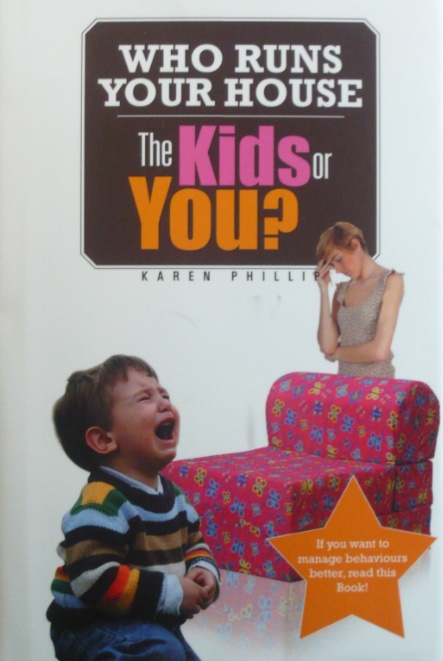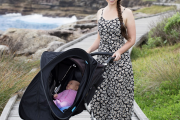Travelling with your Children


The holiday season is often one of the busiest travelling times we have with our families and children. While that time is fantastic, many parents experience stress when they need to travel for a time with younger children. How do I keep them amused, how do I stop them arguing, how do I keep them entertained, how often should I stop? The last thing we parents need is to arrive at our destination stressed out from being a referee on the trip.
The first thing to tell the children is the journey may take a very long time. Depending on the age of the child depends on how it is said and understood eg a child 3 – 5 yrs may understand along the lines of the same long time you are at preschool each day, whereas an older child who understands the concept of time will comprehend, 6 hours.
Children are unfortunately being entertained most of the time with TV, Tablets, DVD’s. In many cases we are not allowing the opportunity for our children to learn to entertain themselves. This therefore makes it more difficult at times on a long journey and oh goodness, what if the battery runs out!!!!
How to make the journey easier
Ensure the children have age appropriate activities such as colouring in, tablets for games or to watch movies and DVD’s. Parents can also sing songs with their children, play the I Spy game, search for certain coloured cars they pass, generally talk to the child about where they are going and what they will be doing. Discuss anything they want to talk about that interests them instead of having them shut off to a game as this will certainly finish with boredom after a time, so ensure you interrupt their game or activity at a suitable time to talk and play a game with them. They can then return to their game or DVD with renewed interest.
Leaving on a long trip about really early (4 or 5am) usually means the first few hours are quiet as they sleep. Stopping regularly is always a good idea, meaning every 2 hours or thereabouts so the children can burn off some energy. Take a ball, skipping rope or some active item they can play with to burn their energy. Chalk is also great so they can draw on things when stopped or make a hopscotch type activity. Stopping at a park or rest area where they can run or even have a race around things is a bonus, lots of burnt energy here.
If conflict erupts you can advise you may be stopping soon and you have vegemite sandwiches made, the quietest child may be rewarded with a treat while the whinger may just get the vegemite sandwich. If you plan to stop at McDonalds or similar, let them know if they remain quiet and good, you will stop, if they are noisy or misbehave, then keep going a little longer or stop elsewhere less fun.
You can always advise them that when you reach your destination the child that is best behaved may get to choose the bed they want to sleep in. If all children are good then they can share the different beds as they feel they all get a choice reward, or you can offer different types of rewards and the children can choose their favourite eg: play in the park, bed choice, activity choice and restaurant choice. They all of course get to attend but the child who chose owns that choice and reward.
Karen Phillip is the author of “Who Runs Your House, the kids or you?”. She holds a post graduate Counselling degree in Counselling and has been a Family Counsellor for over a decade.
Karen has worked with many families who experience problems with their young children’s behaviour, not knowing what to do or how to correct them. Karen has raised her own three children and has also been a preschool teacher for many years. She has worked with and taught thousands of children over the past decades and has seen many behaviours that can be adjusted easily through better and more effective communication and clear boundaries.
Throughout Karen’s two nearly decades of Family Counselling, she has seen the same recurring problems that most parents seem to have. These problems seem the same regardless of ethnicity or socioeconomic status, in other words, all parents seem to struggle with similar problems and issues.
After working with hundreds of families the techniques Karen suggests have worked. They work fast and the power struggle parents often had are alleviated. The home became conflict free and happier, parents were more a unit, children more settled as they knew their position and learnt the boundaries. The parent became the parent. “Problems can be quickly alleviated or reduced so parents can enjoy their children and the home can become conflict free”.
She has 5 tips to make parents life easier with their children
How to say Yes to your child without giving in
Give your child two choices that gives them ownership of their decision
How to stop or control tantrums
Children model behaviour so parents need to be aware of their own conduct
Ensure you explain clearly and simply to your children the rules, boundaries and consequences.
Book can be purchased from Amazon, Barnes & Noble, Angus & Robertson, or directly from Karen at www.whorunsyourhouse.com










